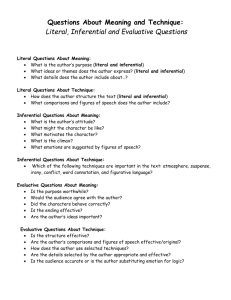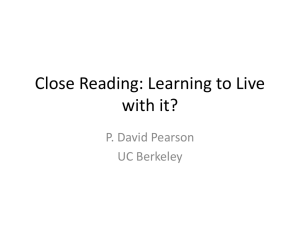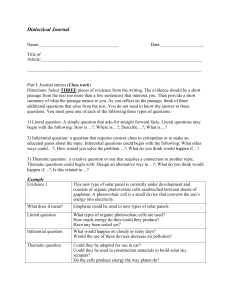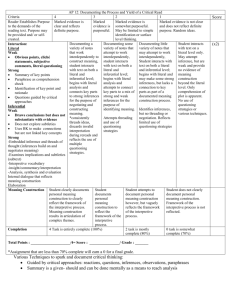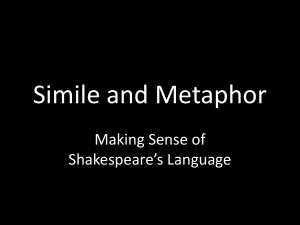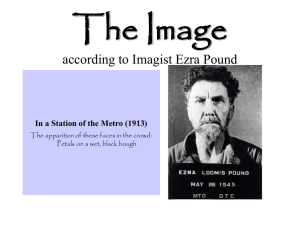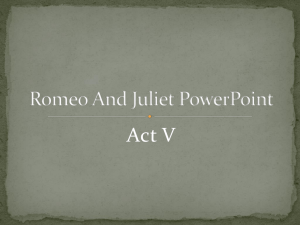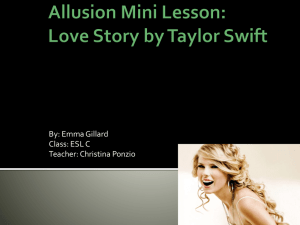Hillock`s Levels of Reading Response
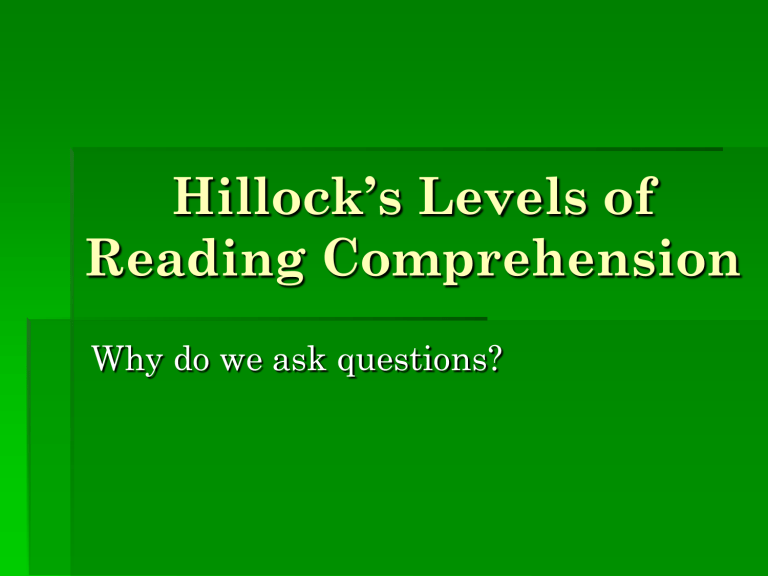
Hillock’s Levels of
Reading Comprehension
Why do we ask questions?
The 7 Levels of Comprehension
There are seven levels of reading comprehension in Hillock’s Ladder, but we are only focusing on 6 this year.
Those seven levels can be broken down into 3 main categories or types, depending on what you have to do to
ANSWER the question.
Hillocks Question Stems.doc
The three different types of questions
Literal
Inferential
Generalization
Type 1 - Literal
What are literal questions???
They are “Right there” questions.
The answer is found directly in the text and does not require much thought.
Can you think of some questions that may be literal questions?
What is the main character’s name?
Where does the story take place?
These questions are literal questions, BUT…
They are considered Level 1 literal questions!
Let’s look at Level 2 literal questions.
Level 2 Literal Questions
These are the key details…if you miss the key details when reading, you will not comprehend the story!
For example…
In “Romeo and Juliet”, if you do not understand that Romeo and Juliet come from families that hate each other, the plot just won’t make any sense!
Can you think of any Level 2 literal questions??
What is the conflict between 2 characters?
What is the main character upset about?
Just one more level!
Level 3 literal questions are considered
stated relationship questions.
The relationship occurs between two or more characters, groups, events, issues, or other information. It should have an effect on the action and meaning of the story.
Like what???
Again, from Romeo and
Juliet:
What is the relationship between the Capulets and Montagues?
What does Juliet’s family say about Romeo?
What does the nurse tell Juliet to do about Romeo?
Type 2 - Inferential
The text does not give you these answers, you have to figure it out!
Inferential questions
AKA: Think and search questions
What do you think that means?
Level 4 Questions
A Level 4 Inferential Question deals with simple implied relationships.
The relationships are implied though key details, not stated directly.
This requires thought and making connections.
Let’s read,
“Popular” from the book:
Chicken Soup for the Teenage
Soul: The Real Deal
Write & Talk
Write on your paper what relationships exist between the narrator and both of the friends.
Discuss within your group what you think these relationships are.
Complex Implied
Relationships (Level 5)
Again, this relationship is implied…you have to think! You have to use your inferencing skills.
Make a connection between several details from various places in the text
Consider this: In “Popular” the narrator feels the need to be with the “in” crowd. Why does she feel this way? How does it affect her opinion of herself?
Type 3 - Generalization
Abstractions-Now we’re getting deep! (level 6)
Abstractions: themes about the world expressed in the work to inform personal action.
Think about this: How does society impact the way we view ourselves?
What does our society view as important? How do you know?
Structural Generalization
(Level 7)
How does the author use the structure of the text to make a particular point?
Hillock (1980) states, “Questions in this category require the reader to explain how parts of the work operate together to achieve certain effects”(p. 308).
